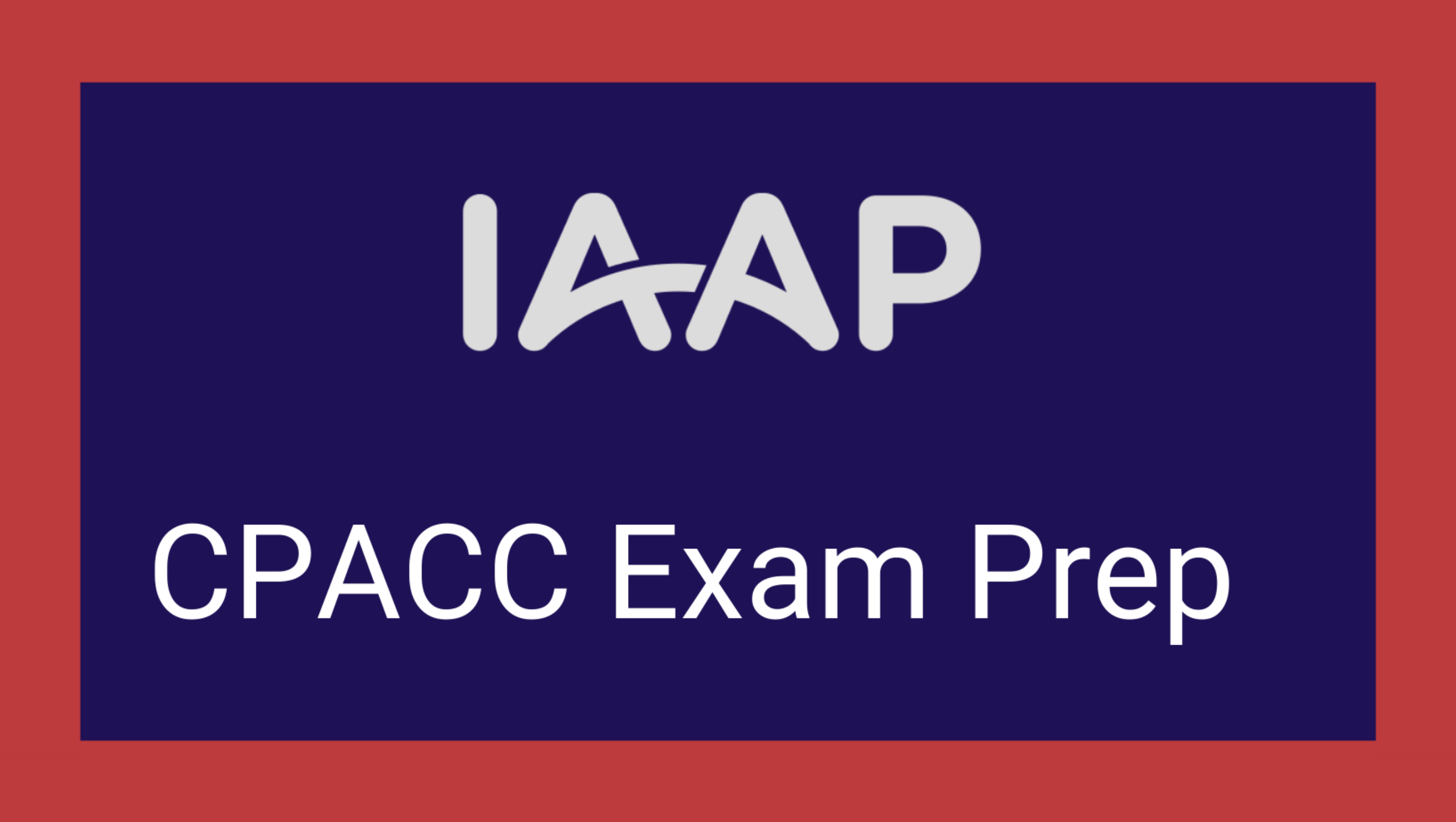04 - Types of Disabilities - 02

Cognitive Disabilities
Limited comprehension
Difficulty to understand:
- Metaphors or abstract language
- Slang or idiomatic epxression
Low tolerance for cognitive overload
Too many choices can cause the user to freeze and they will be unable to work for a while.
Limited problem solving skills
Working with CAPTCHA can be problematic.
Short term memory loss
Long web processes can cause users to forget what they were doing.
Attention deficit
Advertising on the web might be too distracting. The user could forgot why they went to the website.
Challenges
💻 ICT
| Hard to understand complex technical problems |
|
| Hard to understand complex designs |
|
General
| Hard to process text heavy information |
|
Dyslexia
Challenges
💻 ICT
| Percieved words as floating |
|
| Cannot distinguish similair letters - p, b, d, q |
|
| Requires additional time to read and process content |
|
| Hard to decipher the content on the page | Apply a custom style sheet |
| Captcha is hard to solve | Deliver option to change the type of problem presented |
| Difficulties to process content through visual means |
|
| Hard time spelling words correctly | The user can use a spelling and grammar checker |
Math Disabilities
Some users might have a fear when confronting math. It's not caused by intellectual deficit.
Challenges
💻 ICT
| Inability to read graphs, diagrams |
|
| Inability to distinguish left and right in images |
|
| Inability to perform calculations |
|
Speech Disabilities
The inability to produce or organize speech sounds and syllables correctly.
Augmentative and alternative communication
All the different types of communication outside of oral speech that people with speech disabilities can use.
Challenges
💻 ICT
| Unable to communicate with voice based technology | Provide text-based alternative solutions such as chat, email, and forms |
Seizure Disorders
Erratic electrical impulses in the brain that interfere with a person's ability to process information.
Pokémon cartoon in 1997 sent 685 children to the hospital as a result of an intense scene with flashing lights.
Warning for the designers
Avoid flashing lights to prevent possible injury to the viewers who are sensitive to such stimuli.
Challenges
General
| Sensitivity to flashing lights |
|
Psychological Disorders
When the mental illness disorder impacts major life activities, it then becomes a disability.
Types
Anxiety disorders
People with anxiety disorders persistently fear or worry about certain situations or objects.
Panic disorder
People who have panic disorder may experience symptoms that closely resemble a heart attack at any time: a fast heart rate, difficulty breathing (hyperventilation), chest pain and dizziness.
Phobias
Claustrophobia, a fear of enclosed areas; arachnophobia, a fear of spiders.
Post Traumatic Stress Disorder
Anxiety disorder that may occur after a person has been exposed to a terrifying or traumatic event. E.g., war, natural disasters, and other life-threatening events. People with PTSD may have nightmares, flashbacks of the event, feel as if they are experiencing the event again.
Obsessive Compulsive Disorder
E.g., person has a fear of germs, the person will repeatedly wash his or her hands or repeatedly clean his or her room.
Mood disorders
Erratic changes in a person's mood. Mood disorders can cause mood fluctuations ranging from happiness to sadness.
Depression
Prolonged sadness, loss of interest in previously enjoyable activities.
Bipolar Disorder
Cycling periods of feeling mania, or highs and happy feelings; and depression, or low, sad feelings.
Seasonal Affective Disorder
Affects individuals during the fall and winter months. People with SAD experience depression possibly due to shortened daylight.
Schizophrenia
Positive schizophrenia
Hallucinations and delusions. People with positive schizophrenia see things and hear voices.
Negative schizophrenia
Lack of motivation, a dreary mood, and isolating oneself from society.
Other disorders
ADHD
- Inattention - difficulty focusing and processing new information, being distracted easily, daydreaming, difficulty organizing and completing a task, and difficulty following instructions
- Hyperactivity - continuous talking, running around, fidgeting, touching things, and difficulty completing quiet tasks
- Impulsivity - lack of patience and difficulty waiting on things, shouting unsolicited remarks, difficulty controlling emotions, and interrupting activities or conversations
Personality disorder
- Antisocial Personality Disorder - no regard for the rights of others and violates the rights of other, fail to conform to social norms and laws, exhibit deceptive behaviors, habitually lie, and act impulsively and recklessly
- Borderline Personality Disorder - long-term instability in mood, behaviors, relationships and self-image. Impulsive activities like substance or alcohol abuse, and exhibit self-harming or suicidal behaviors.
Eating disorders
- Anorexia nervosa - fear for gaining weight
- Bulimia nervosa - the person eats a lot of food and then purges the food. The person feels the need to rid him or herself of the food, and does so through vomiting, using laxatives or diuretics, excessively exercising, or fasting.
- Compulsive, or binge, eating - is an eating disorder characterized by eating a much larger amount of food in a shorter period of time, eating when there is no indication of hunger.
Challenges
General
| Issues with managing stress |
|
| Issues with displaying appropriate behaviour |
|
Multiple Disabilities
Combination of two or more disabilities that may involve speech, motor, visual and hearing impairments, as well as a learning disability or an intellectual disability.
